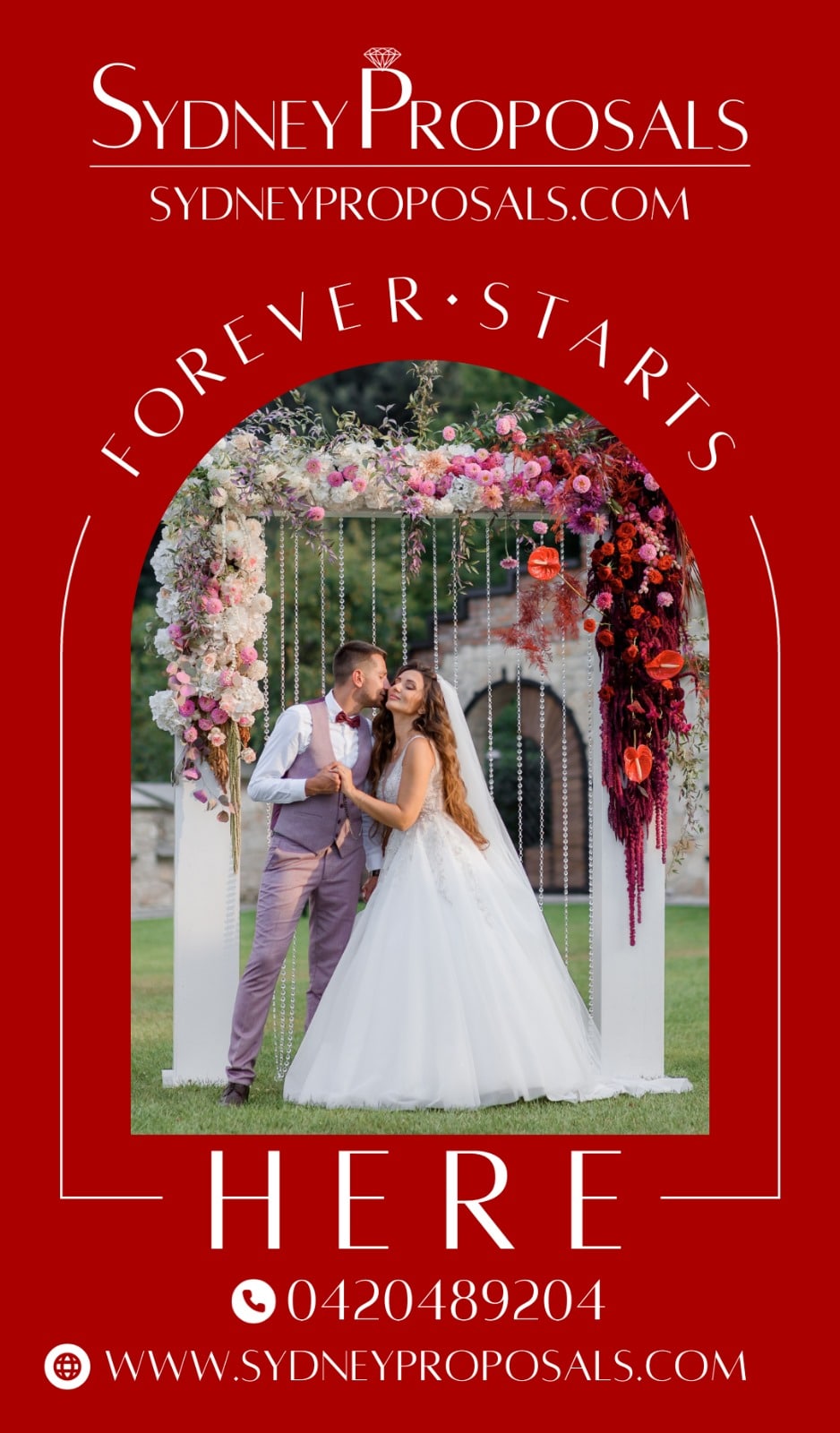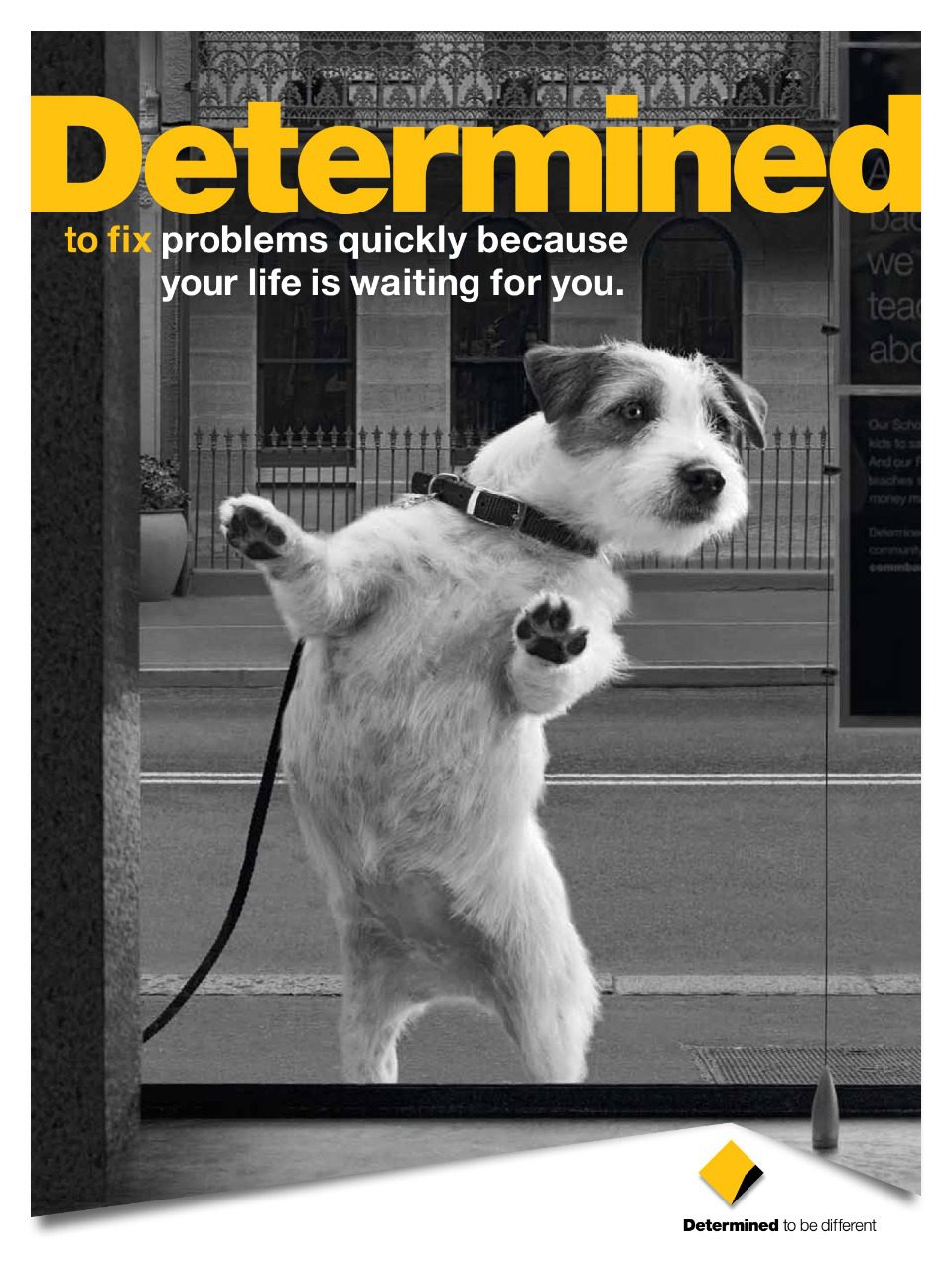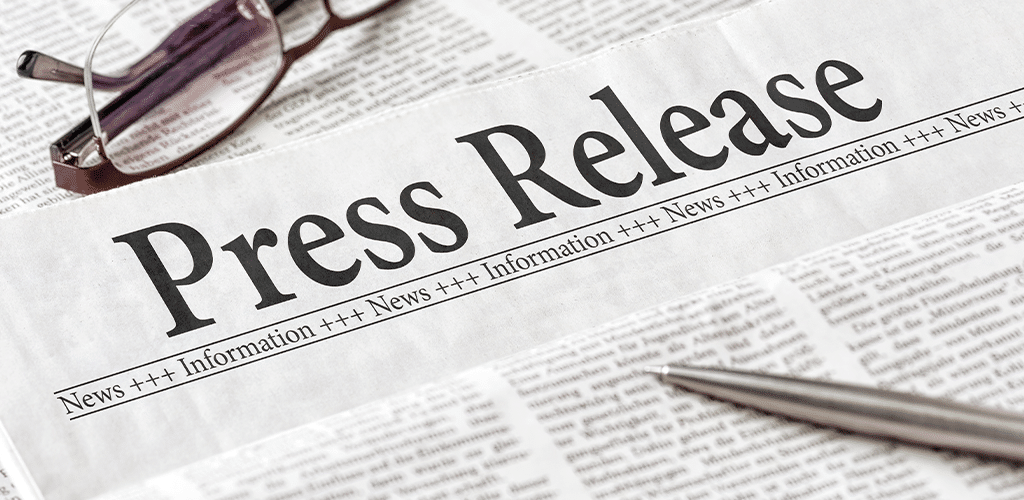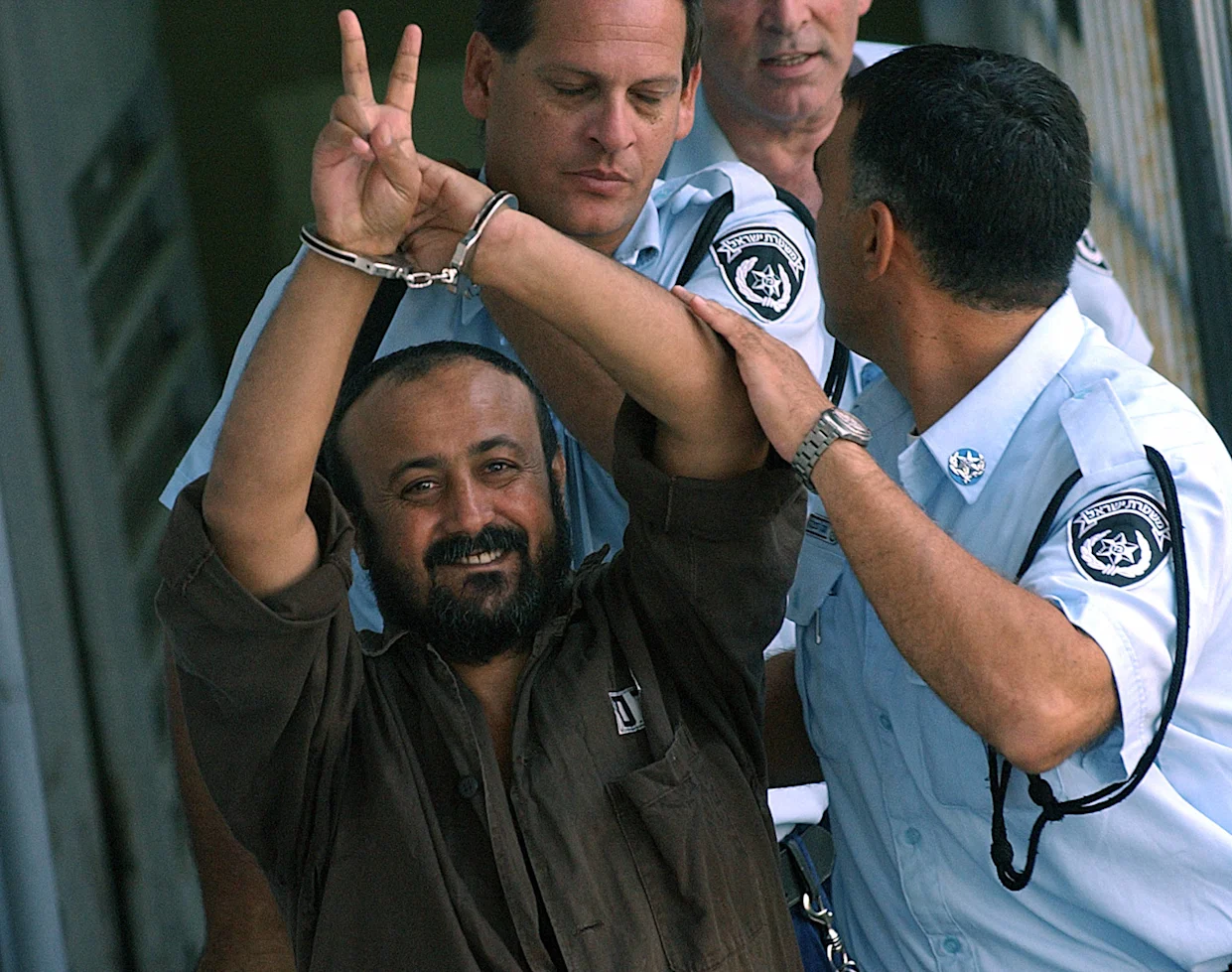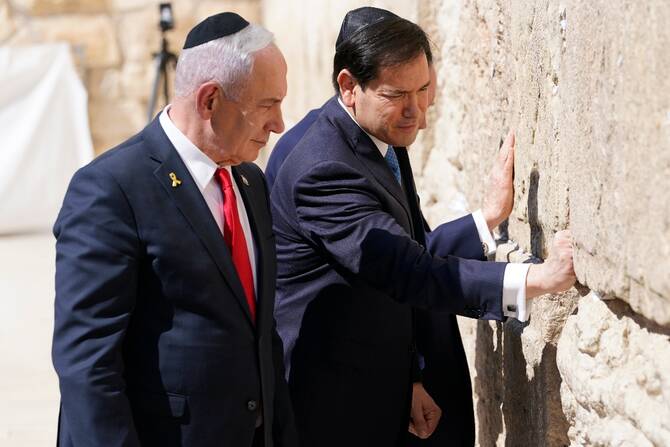Sydney, Australia – 4 April 2025– A powerful spirit of unity and reconciliation filled Beit Maroun in Strathfield as religious and community leaders gathered on 3 April 2025 for the annual celebration of the Feast of the Annunciation. Hosted by His Excellency Bishop Antoine-Charbel Tarabay, Maronite Bishop of Australia, New Zealand, and Oceania, the Interfaith Council’s celebration served as a beacon of hope, fostering dialogue and harmony among faith communities.
This year’s gathering carried profound significance, marking 50 years since the start of the Lebanese Civil War. Reflections and speeches honoured the past while encouraging a collective commitment to peace and reconciliation.
Musical performances, prayers, and communal reflections deepened the evening’s message, reinforcing faith as a force for unity.
Distinguished guests included Most Reverend Robert Rabbat, Melkite Catholic Eparch of Australia, New Zealand and All Oceania; His Eminence Metropolitan Basilios Kodseie, Metropolitan of the Antiochian Orthodox Christian Archdiocese of Australia, New Zealand and the Philippines; Sheikh Riad El-Rifai, National Grand Mufti of Australia; Sheikh Malek Zeidan, Australian representative of the Mufti of Lebanon; Sheikh Mounir El Hakim, Representative of Mashyakhat al Akl Mowahidoon Al Druze Lebanon; Sheikh Ahmad Jundi, of the Muslim Alawite Community; Mr Mark Coure MP, Member for Oatley, Shadow Minister for Multiculturalism, Representing the Hon. Mark Speakman MP, Leader of the Opposition; Mr Jason Yat-sen Li MP, Member for Strathfield; Mr Joseph La Posta, CEO of Multicultural NSW, Representing the Honourable Stephen Kamper, Minister of Multiculturalism; and Her Excellency Mrs Sarah Al Dirani, Consul of Lebanon in Sydney & Mr. Jaafar Mehydeen. In attendance were also councillors, Lebanese Political Parties and Media Representatives, Representatives of the Australian- Lebanese Community and Village Associations.
In his welcoming address, His Excellency Bishop Antoine-Charbel Tarabay emphasised the unifying message of the gathering, saying: “This year’s celebration is one of hope, in keeping with the theme announced by Pope Francis, A Jubilee Year of Hope. Every time we gather in a spirit of faith and harmony, we become pilgrims of hope and messengers of hope for each other and for our communities. This is the Australian spirit, and this is what it means to live in a multicultural society.”

Reflecting on the tragedy of the start of the Lebanese civil war 5 decades ago, Bishop Tarabay added, “On this significant anniversary, we are invited to shift from the memory of war to a future of hope. While honouring the sacrifices made, we now walk together toward peace and reconciliation.”
“Despite the challenges, Lebanon continues to rise with faith, resilience, and a renewed commitment to unity. The Lebanese people, bound by their rich traditions and unwavering spirit, are embracing a future where peace and collaboration lead the way,” Bishop Tarabay concluded.
Distinguished speakers, including Sheikh Riad El-Rifai and Bishop Robert Rabbat, emphasised themes of transformation and healing, urging to look beyond past divisions and embrace a future of collaboration.
National Grand Mufti of Australia, His Eminence Sheikh Riyad Al-Rifai, delivered a speech in which he called on the attendees to be ‘advocates of peace, just as the prophets before them were.”
Sheikh Rifai added, ‘On the fiftieth anniversary of the painful Lebanese war, which weighed heavily on our wounded country, we say: We have all paid a heavy price and endured suffering that even mountains would struggle to bear. In the end, everyone emerged as a loser—there was no victor, nor vanquished. It is time for us to learn the lessons and to realize that the only path to a dignified life is through the Greater Jihad: the struggle to build the nation, to mend divisions, to reunite, to cooperate and harmonize, to let go of the past with all its wounds, and to move toward a bright future that brings together all Lebanese people—Muslims and Christians alike.”
Bishop Robert Rabbat, Eparch of the Melkite Catholic Church of Australia, New Zealand and All Oceania, delivered a brief address urging the constituents of Lebanese society –on the occasion of the Annual celebration of the Feast of the Annunciation to the Blessed Virgin Mary and in conjunction with the fiftieth anniversary of the beginnings of the Lebanese civil war, in 1975 (April 13), to put the past aside, forgive and begin a new journey of reconciliation.

Bishop Rabbat used the colours of the Lebanese national flag – red, white and green – as a symbol of the three types of martyrdom or witness; red being the traditional idea of blood shed; white, witnessing by peaceful struggle and nonviolence, and finally the green martyrdom, forsaking all for a communal life of mutual support and fraternal harmony.”
Mark Coure MP, Shadow Minister for Multiculturalism, reinforced the gathering’s message stating: “At a time when the world faces deep divisions and uncertainty, the power of interfaith unity and mutual respect has never been more important. Islam and Christianity share the values of peace, charity, humility, and justice—principles that can guide us in building stronger, more compassionate communities. By coming together in dialogue and understanding, we reaffirm that what unites us is far greater than what divides us.”
“The Lebanese and broader Middle Eastern communities have made extraordinary contributions to the cultural, social, and civic fabric of New South Wales. Through their rich traditions, entrepreneurial spirit, and unwavering commitment to family and faith, they have strengthened the very foundation of our multicultural society. Interfaith gatherings provide an opportunity to celebrate this diversity, fostering deeper connections and a shared commitment to peace, reconciliation, and unity.”
Mr Joseph La Posta, CEO of Multicultural NSW, echoed the importance of interfaith unity, stating: “We are all Australians from diverse cultures and traditions – with an equal interest in building our common future. No matter what our backgrounds, we are all bound – first and foremost – by our common commitment to Australia. That’s why we need to continue to work together, to build bridges across political, religious, and cultural differences, to understand each other’s perspectives. That dialogue is now more important than ever.”
The evening concluded with a communal prayer led by interfaith leaders, underscoring the event’s enduring theme of reconciliation and hope.









